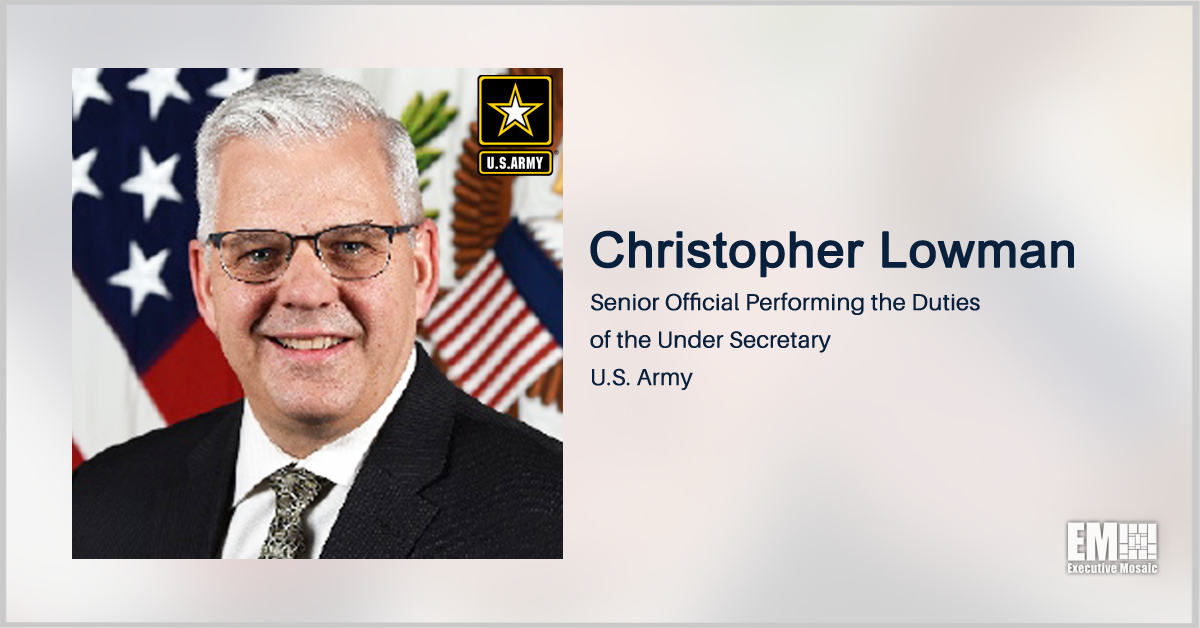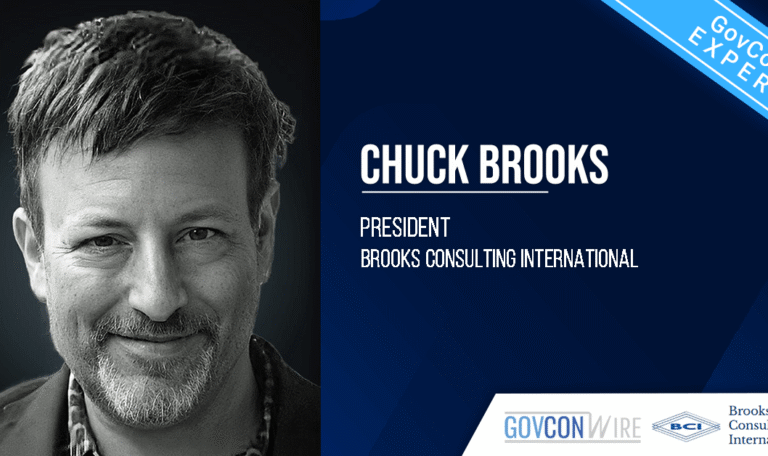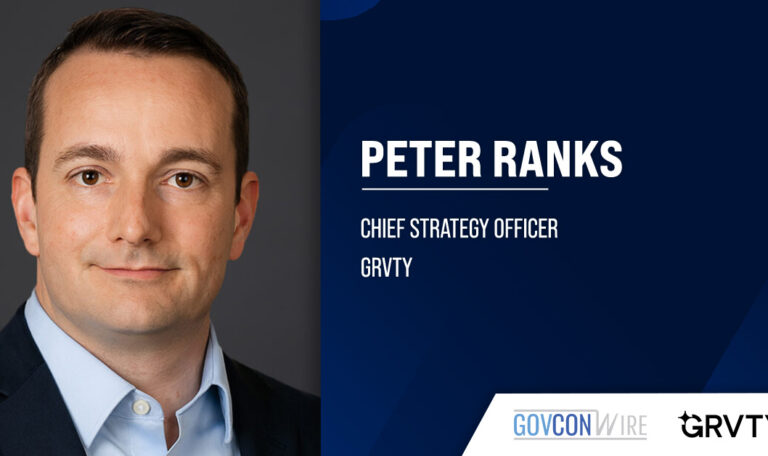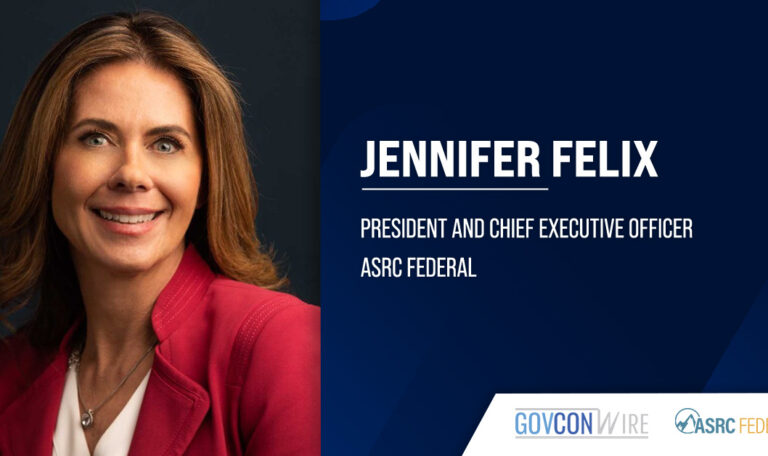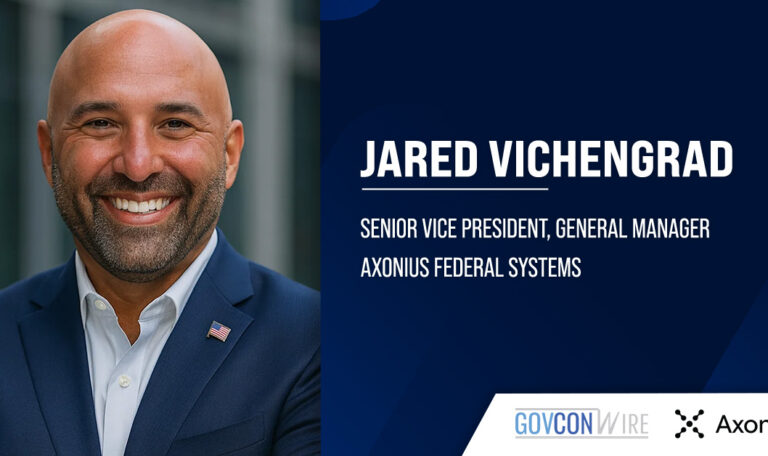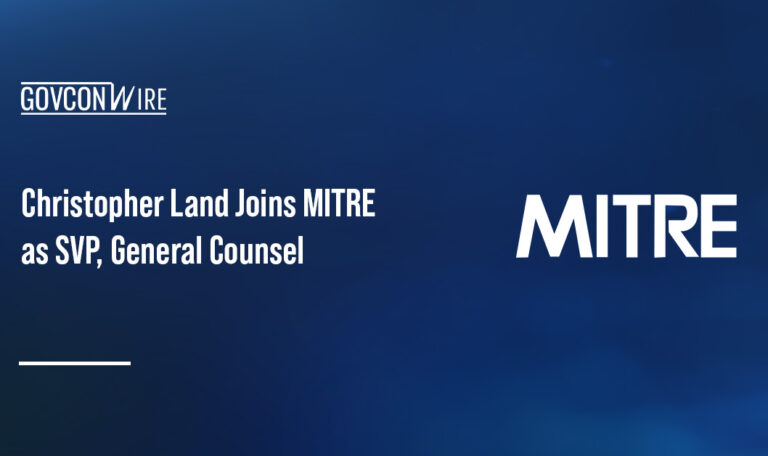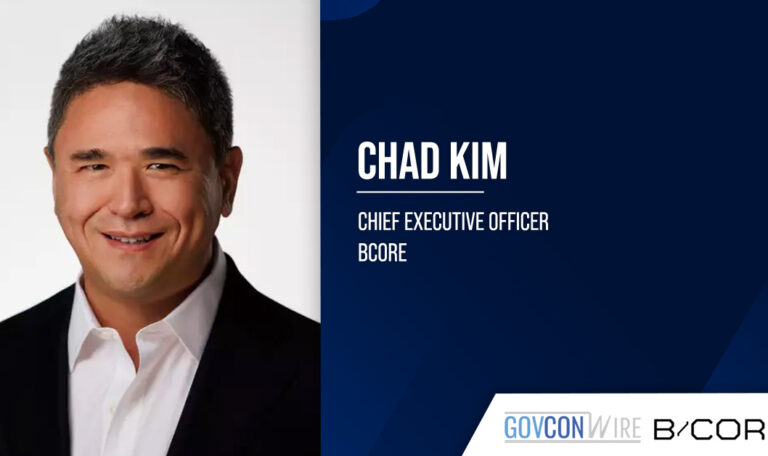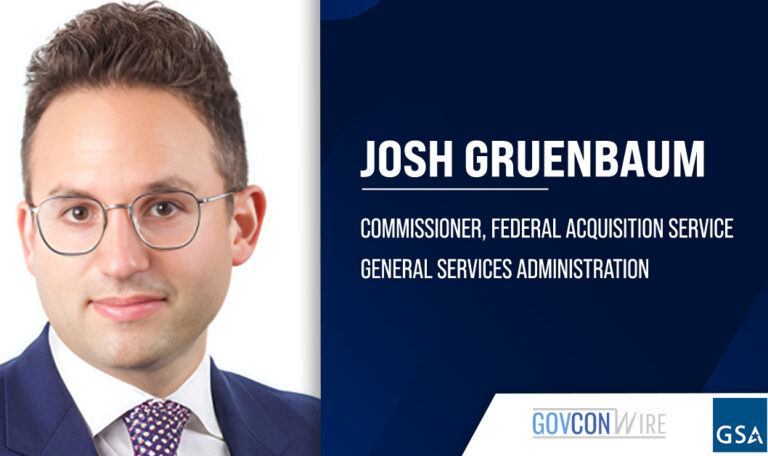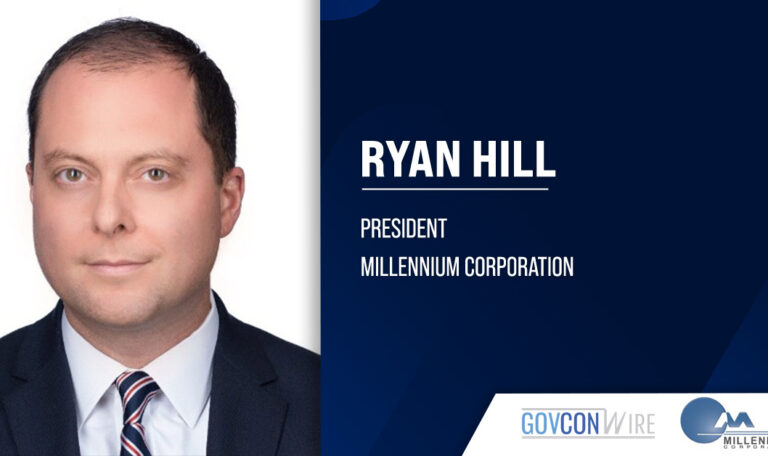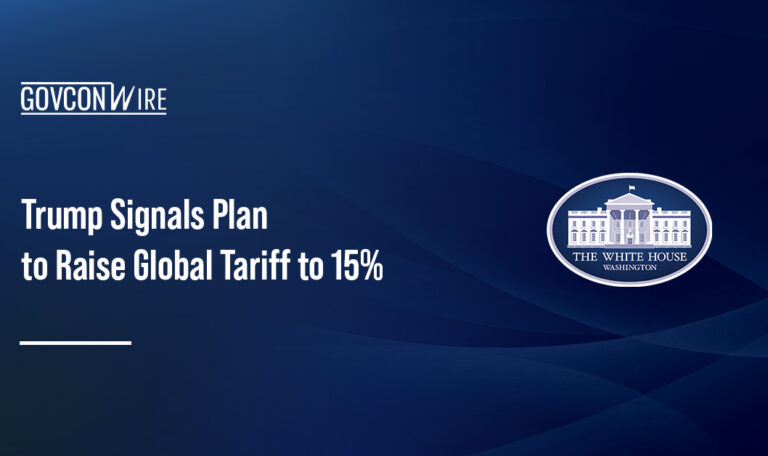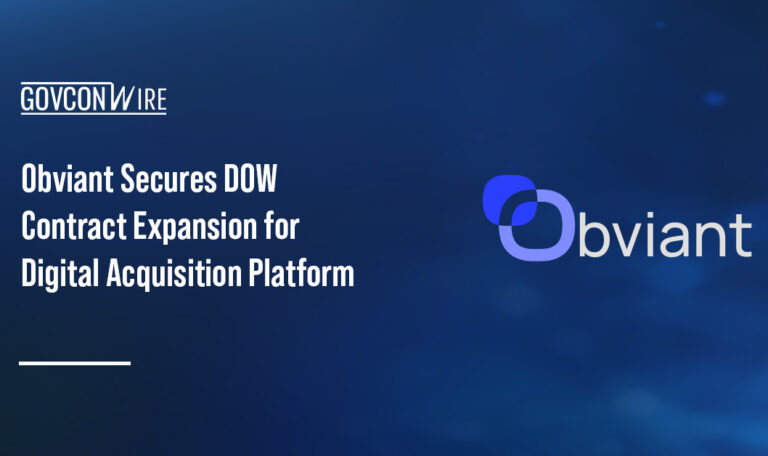Potomac Officers Club (POC) hosted its 6th Annual Army Forum on Thursday to bring together some of the most notable federal and industry leaders to discuss how the Army will drive future capabilities to meet the demand and speed of the digital battlefield.
Christopher Lowman, senior official performing the duties of the U.S. Army undersecretary, acted as the opening keynote speaker to provide an overview about the progress, innovations and accomplishments of the Army’s most recent modernization efforts.
Check out the Potomac Officers Club’s Event Page to view the 6th Annual Army Forum on demand if you missed it on Thursday, Aug. 12th.

Potomac Officers Club’s latest Army Forum opened with the keynote introduction from Gerry Fasano, president of the Defense Group at Leidos and two-time Wash100 Award winner. After a rundown of his prestigious federal career, Lowman took the stage to address the virtual audience.
Lowman opened his remarks by expressing his enthusiasm to address the current challenges that the service branch is facing, but described the present as an “exciting time for the Army.”
He clarified that Gen. John “Mike” Murray, a two-time Wash100 Award recipient, would provide a more detailed overview of the Army’s modernization efforts in the second keynote address. As a result, Lowman preferred to use his keynote address to discuss the future of warfare, the Army’s role in competition and the current set of subsequent risks in our supply chains.
In the increasingly complex strategic environment that is being shaped by the spread of the technology global crisis, Lowman illustrated how the Army is hoping to avoid the anticipated long-term strategic competition that will come to define the characteristics of future warfare.
He emphasized that while securing physical terrain will always be a challenge, the Army must also be prepared to compete and fight in complex scenarios across well-developed anti-access areas, denial, networks, space and cyber competition in a complicated political-diplomatic environment.
“The bottom line is that in order to be successful in competition that is defined by major rapid technological advances and ultimately to win in conflict, then we must also adapt our Army and industry cultures,” he explained. “This represents both risk and opportunity for both sides of that equation.”

Visit the Potomac Officers Club’s Event Page to hear the full keynote address from Acting U.S. Army Undersecretary and Senior Official Christopher Lowman. In addition, Gen. Mike Murray provided a closing keynote address detailing the six current core Army modernization efforts.
In between the two keynote addresses from Lowman and Gen. Murray, Potomac Officers Club also featured two full expert panels featuring the following topics and panelists:
The “Enabling Army C4ISR in an Age of Great Power Competition” panel includes:
Brian Keller, vice president of Army strategic account executive at Leidos (Moderator)
Mark Kitz, program executive officer for intelligence, electronic warfare and sensors at the Army (Panelist)
Brig. Gen. Rob Collins, program executive officer for Army Command, Control and Communications – Tactical (Panelist)
Joe Welch, director of the Army Combat Capabilities Development Command C5ISR Center (Panelist)
Alan Hansen, division director for intelligence systems and processing of the US Army Futures Command C5ISR Center (Panelist)
Julie Furt, vice president of global delivery at Talend (Panelist)
The “Enabling the Next Generation War Fighter with Emerging Tech” panel includes:
Wade Allen, vice president of defense at Applied Information Sciences (Moderator),
Col. Matthew Scalia, deputy director for Army Installation Management Command Directorate – Training (Panelist)
Megan Dake, acting deputy assistant secretary of Army procurement (Panelist)
Derek Strausbaugh, chief digital officer of defense business at Microsoft (Panelist)

On Aug. 31st, Potomac Officers Club will host its Building the Future Battle: The Keys to JADC2 featuring Preston Dunlap, chief architect of the Department of the Air and Space Force as the keynote speaker to explore the fundamental solutions needed for the implementation of crucial areas such as the tactical edge, a common data fabric and establishing decision advantage.
Visit PotomacOfficersClub.com to register for its Building the Future Battle: The Keys to JADC2 on Aug. 31st and learn more about the challenges that JADC2 leaders are addressing to build the digital infrastructure for the future battle and national security protection.
Thank you for your continued support of the Potomac Officers Club and we hope to see you at the Building the Future Battle: The Keys to JADC2 on Aug. 31st.


